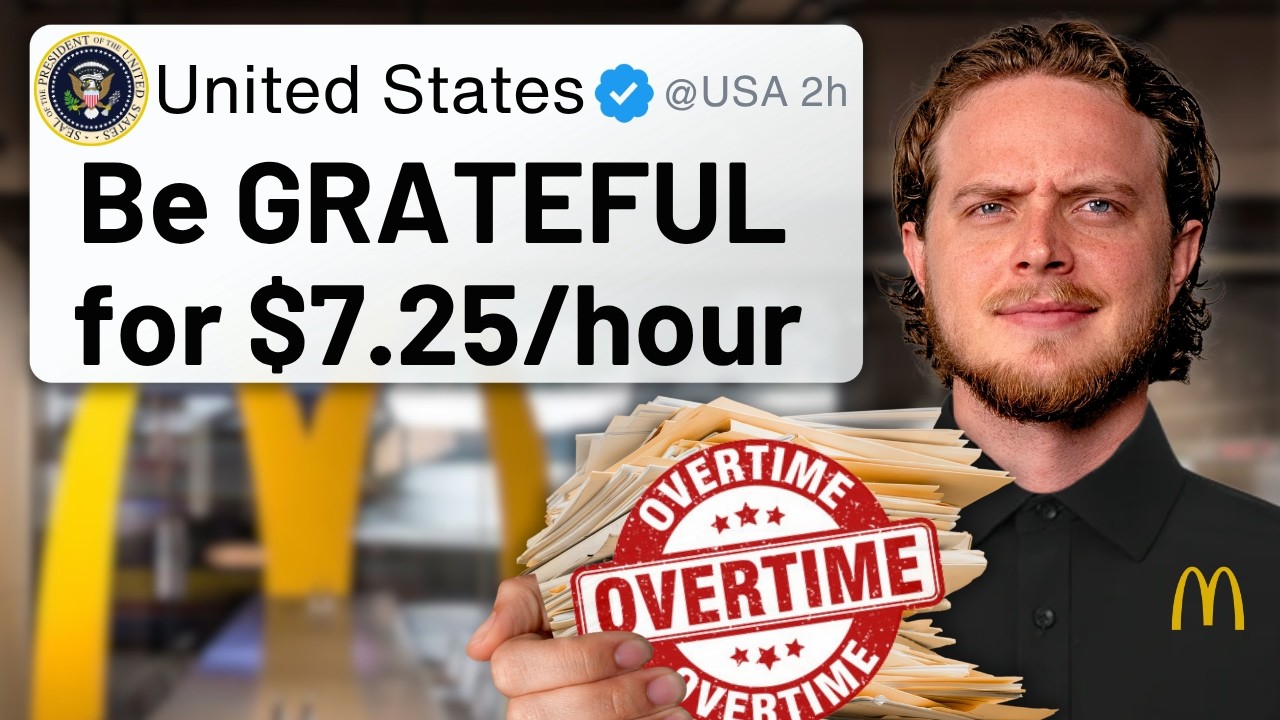The minimum wage debate in the United States continues to spark national controversy as the gap between wages and the cost of living grows wider each year. For millions of Americans working low wage jobs, particularly in fast food, retail, and other entry level positions, the current job market offers little financial security. Even as the broader U.S. economy expands and unemployment remains relatively low, full-time workers across the country are still struggling to meet basic expenses like rent, healthcare, and education. This ongoing disconnect raises important questions about what the minimum wage is truly meant to represent in a modern economy.
At the center of the issue is the growing frustration among working-class Americans who find themselves stuck in stagnant, low-paying jobs despite increased productivity and record corporate profits. While advocates argue that raising the federal minimum wage is essential to match the rising cost of living, opponents warn that doing so could reduce job opportunities, increase automation, and put pressure on small businesses. This divide reflects broader tensions in the labor force—between what workers need to survive and what employers are willing to provide.
Entry level jobs, once seen as temporary stepping stones, have now become permanent roles for many people across the country. In cities and rural communities alike, these jobs often fail to offer a livable income, forcing workers to take on multiple positions just to get by. With inflation rising and the cost of essentials continuing to climb, the value of a minimum wage paycheck has diminished significantly. This has led to renewed calls for wage reform and a reevaluation of how the labor market supports—or fails to support—the people who fuel it.
The refusal to raise the minimum wage is no longer just an economic decision—it’s a reflection of how the U.S. economy treats its most vulnerable workers. In an era where many full-time employees are earning less than what it takes to cover basic needs, the idea of fair compensation is being tested. Meanwhile, job seekers face a market saturated with low wage opportunities but limited upward mobility, adding to the stress and burnout that is now common across industries.
As policymakers, business owners, and everyday Americans debate the future of wage laws, the minimum wage remains a symbol of deeper systemic issues. From job quality to income inequality, labor rights to economic growth, the fight over wage increases touches nearly every aspect of modern life. Whether the solution lies in federal policy, state action, or corporate accountability, one thing is clear: the structure of the job market must evolve to reflect the realities of today’s workforce. Until then, low wage jobs will continue to define the financial limits of millions of workers in the richest country on Earth.
Originally posted 2025-06-20 16:57:24.

